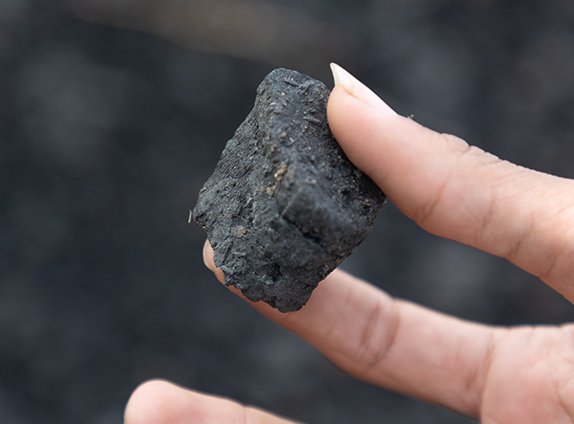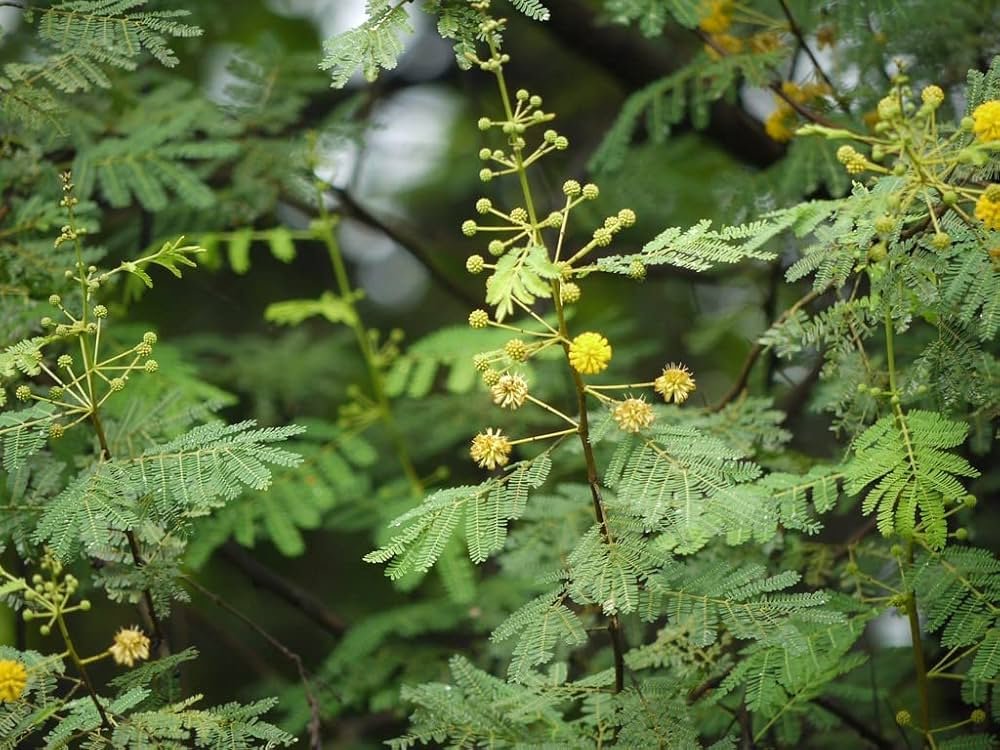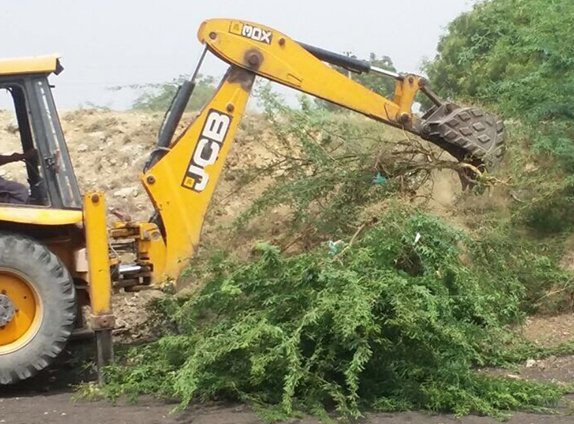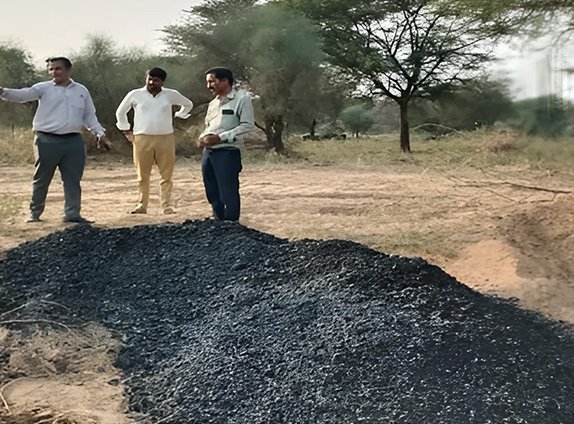Biochar
Turning Waste into Climate Wealth
At Sajeevan Life, we are harnessing the power of Biochar as a triple-impact solution
The Soil
it regenerates and restores.
The Climate
it locks away carbon for centuries.
The Farmer
it opens up new income streams.
What is Biochar ?
Biochar is a carbon-rich, charcoal-like substance produced by burning organic waste (like crop residue, farm biomass, or agro-waste) in a low-oxygen environment. This process, called pyrolysis, stabilizes the carbon and prevents it from returning to the atmosphere as CO₂.
Our Key Objectives:
- Convert farm waste into biochar instead of open burning
- Enrich the soil to reduce fertilizer dependency by up to 40%
- Improve water retention in farmlands by 20-30%
- Help sequester 2.5 to 3 tonnes of CO₂ per acre per year
- Enable carbon credit generation and extra income for farmers

Impact So Far: (As of July 2025)
800+
Tones of agricultural waste converted into biochar
23,000+
Farmers Trained in biochar production and use
7,500+
Acres of land improved with biochar soil integration
21,000
Tones of CO₂ emissions mitigated
From Farm to Future: How We Work
Train & Educate
We conduct village-level workshops on biochar production using simple, low-cost Kon Tiki.
Certify Carbon Credits
We assist in documentation, verification, and linkage to buyers.
Scale Collaboratively
Partner with local self-help groups, FPOs, and industry
Babool (Prosopis Juliflora) to Biochar
Clearing Invasives. Creating Value.
At Sajeevan Life, we turn challenges into climate solutions. One such challenge is Prosopis Juliflora, locally known as Babool—an invasive species rapidly spreading across India’s arid and semi-arid regions, damaging local biodiversity, depleting groundwater, and reducing usable farmland.
But we see an opportunity
Instead of letting this invasive tree go to waste—or worse, harming the ecosystem—we convert Babool wood into high-quality biochar through eco-friendly pyrolysis. This process:


Babool Cutting

Burning in Kon tiki

Biochar Output
Socio-Economic Impact
800+
Tones of agricultural waste converted into biochar
1,200+
farmers trained in biochar production and use
Local employment generation
Rehabilitation of farmland
for agriculture and biodiversity restoration
Up to
3
tones of CO₂
per tone of Babool biochar
The Babool Biochar Model
A circular approach that benefits
Farmers
through land restoration and income
Communities
via local employment
The Climate
with long-term carbon capture
Industries
through certified carbon offsets
